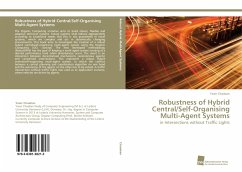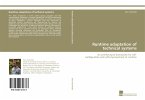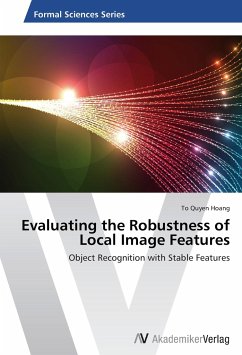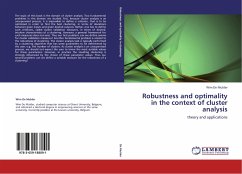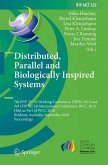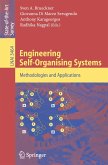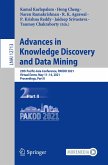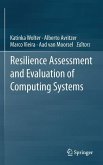The Organic Computing initiative aims to build robust, flexible and adaptive technical systems. Future systems shall behave appropriately according to situational needs. But this is not guaranteed in novel systems, which are complex and act in dynamically changing environments. This book aims to investigate the creation of a robust hybrid central/self-organising multi-agent system using the Organic Computing (OC) concept. The new developed methodology (RobustMAS) has the goal of keeping a multi-agent system running at a desired performance level when disturbances occur. The result is an interaction between decentralised mechanisms (autonomous agents) and centralised interventions. This represents a robust hybrid central/self-organising multi-agent system, in which the conflict between a central planning and coordination algorithm on one hand and the autonomy of the agents on the other has to be solved. A traffic intersection without traffic lights was used as an application scenario, where vehicles are driven by agents.
Bitte wählen Sie Ihr Anliegen aus.
Rechnungen
Retourenschein anfordern
Bestellstatus
Storno

